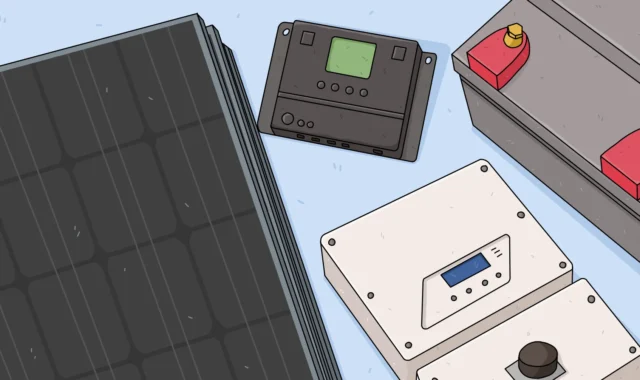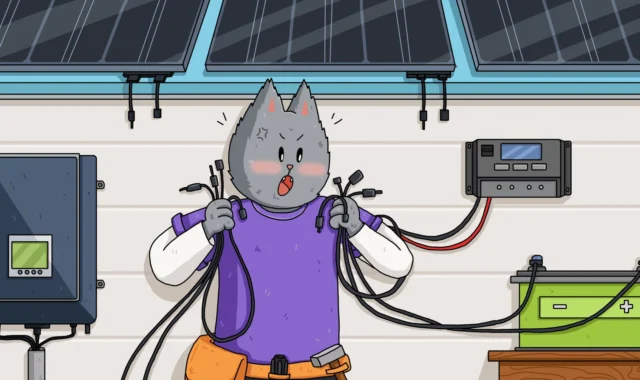Discover why Canadian Solar Panels have earned their place among the world’s top renewable energy brands. As the only North American company consistently ranked in the global top five, Canadian offers a unique combination of innovation, quality, and affordability.
Company Overview
Founded by Dr. Shawn Qu in 2001, Canadian has grown into a global leader with an impressive infrastructure that includes 20 state-of-the-art production facilities across Asia and the Americas. Serving customers in over 160 countries worldwide through its team of 13,500 professionals, Canadian continues to set new standards in the renewable energy sector.
Product Range and Applications
Canadian Solar Panels cater to diverse applications, offering solutions that balance efficiency, quality, and cost-effectiveness. Their product line features modules with outputs ranging from 300 to 600 watts and efficiencies up to 21.3%. Notably, their bifacial technology enables up to 30% additional energy generation depending on surface reflectivity.
Canadian Solar panels for sale
Performance Highlights
These panels excel particularly in challenging lighting conditions, maintaining consistent performance even during cloudy days or winter months. The advanced design ensures minimal power loss under adverse weather circumstances, making them ideal for various climates.
Quality Assurance
Every module undergoes rigorous testing to meet international standards, ensuring exceptional reliability and durability. Canadian’s products rarely experience failures, establishing trust among global customers.
Warranty Details
Standard warranties extend up to 12 years, with select models offering extended coverage of 15-25 years. Performance guarantees typically last 25 years with an annual degradation rate of just 0.55%.
Selection Criteria
When choosing a Canadian Solar Panel, consider:
- Output capacity (300-400W for residential, over 400W for commercial/industrial)
- Cell configuration (60/72 full cells or 120/144 half-cut cells)
Installation space constraints
- Half-cut cell technology represents a significant advancement, providing increased efficiency and better shading tolerance despite higher costs.
Design Options
All-black designs offer aesthetic appeal suitable for most rooftops but may generate less energy in extreme heat compared to standard models. This consideration is crucial when aiming for maximum production in warmer climates.
Maintenance Recommendations
To maximize lifespan:
- Regular cleaning
- Periodic visual inspections
- Professional check-ups every few years
- Careful handling during transportation using protective materials
Environmental Adaptability
While general performance might decrease by 10-40% under heavy cloud cover, Canadian modules maintain superior functionality even in suboptimal lighting conditions.
Advanced Technologies
Key innovations include:
- Low temperature coefficient for stable output
- Enhanced mechanical strength against wind and snow loads
- Cutting-edge half-cut cell design for improved efficiency
Global Impact
Through continuous research and development, Canadian remains at the forefront of technological advancements while maintaining its commitment to quality and customer satisfaction. Their presence spans multiple continents, demonstrating leadership in sustainable energy solutions.
Additional Considerations
Transportation Tips:
- Use bubble wrap or blankets for protection
- Avoid applying pressure to one area
- Ensure secure placement during transit
Performance in Adverse Conditions:
- Minimal power loss in low-light situations
- Reliable operation during winter months
- Excellent performance in diffuse lighting
Aesthetic Choices:
- Standard designs for optimal efficiency
- All-black options for architectural appeal
- Customizable solutions for specific needs
Investing in Canadian Solar Panels means choosing a reliable partner with a proven track record of innovation and quality. Whether for residential, commercial, or industrial applications, their comprehensive product range offers solutions tailored to meet diverse energy needs while maintaining exceptional performance standards.



































